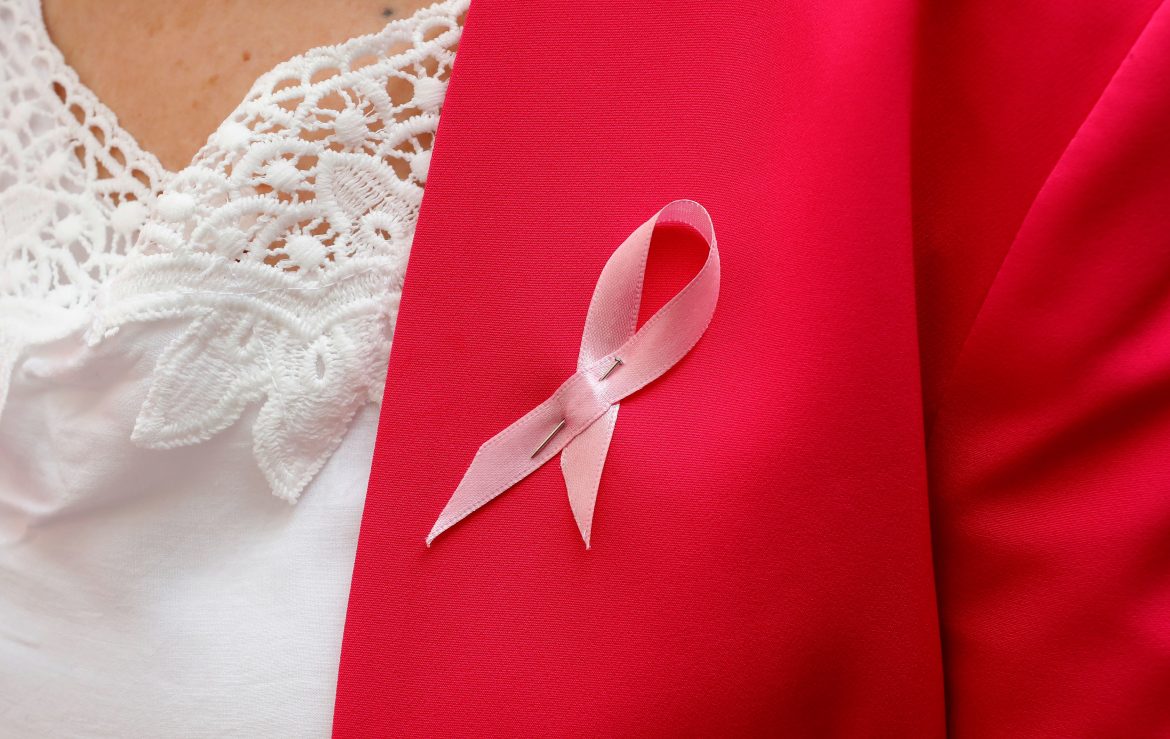When Mary was diagnosed with breast cancer in 2021 she did not anticipate money being among the great challenges she would face.
“I had expected increased costs to do with food and transport […] I hadn’t really anticipated costs associated with physical changes due to cancer.”
Mary’s story is not unique. With the cost-of-living crisis still in full swing, the financial blow that a cancer diagnosis can cause is affecting more and more people.
Breast Cancer Awareness Month is coming to a close and while much-needed media campaigns have highlighted the importance of recognising symptoms and breast-checks, the hidden cost of cancer remains undiscussed.
Earlier this year, Macmillan reported a 25% increase in calls to their support lines regarding financial concerns.
Breast cancer is the most common cancer in women. Furthermore, women incur unique financial worries due to their increased likelihood that they are primary caregivers or in precarious part-time work with little sick pay.
Alison Key, a caseworker for the Macmillan Welfare Benefits Advice Service for South West London, helps cancer patients claim benefits they may be entitled to such as the Personal Independence Payment (PIP) or Universal Credit.
“About 70% of claims for PIP are successful, so you can see that it’s a flawed system,” said Key.
“Lots of people come in completely overwhelmed because they’ve heard some terrible news, they may feel unwell from treatment, and they’re often panicking about their next move,” Key added.
Maggie’s Clinic at The Royal Marsden Hospital in Sutton, recently reported that 78% of people with cancer are struggling to pay their bills due to the unforeseen expenses after a diagnosis.
Not only do patients have to consider the more expected costs of cancer such as time off work or hospital parking fees, but hidden costs to adjust to living with cancer.
Mary had to change her entire wardrobe due to the physical changes she experienced while she was undergoing treatment.
Changes in her diet and the side effects of treatment meant that Mary was spending more on moisturisers and coconut water.
Cumulatively, Maggie’s estimates these costs can reach up to £900 a month.
“To have to trade off your mental and physical wellbeing due to financial worries is a decision that people shouldn’t have to make.”
Further research from Maggie’s shows that 77% of cancer patients feel that the cost-of-living crisis will affect their chances of successful treatment.
Charmaine Jagger, Centre Head at Maggie’s Royal Marsden, said: “We have also seen a steady increase over the last two years of people coming in to ask for financial advice […] It’s very hard to see when patients are probably already in a total panic about everything else to do with cancer.”
The cost of living crisis has only exacerbated the financial burden of cancer and as women tend to occupy low-income jobs, they tend to be hit harder when a serious illness impacts their ability to work.
Jagger also recommended that patients reach out to charities and support groups such as Maggie’s in order to receive impartial advice to help lay out the options of patients on a case-by-case basis.
“Come and talk to us. Also, it’s good to be precise about what you can no longer do in order to get the benefits you are entitled to. Be as descriptive as possible so that it is clear what exactly your illness means you can no longer do, as depressing as that may be,” Key said.
For benefits and financial guidance, you can contact CAB Wandsworth for their Macmillan Advice Service for South West London. You can contact them at alicia.joseph@croydoncab.org.uk. Maggie’s Royal Marsden offers financial and emotional support for those with cancer or carers for those with cancer. You can reach out to them on maggies.royalmarsden@maggies.org.
Reporter and former editor for the Kingston Courier.






